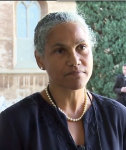
Dr. Jacqueline Rivers

Rev. Dr. Eugene Rivers
The son of divorced parents who belonged to the Nation of Islam when he was growing up in Chicago, Rev. Dr. Eugene Rivers has been speaking out for the revival of Christian family values in the black community for more than 30 years. Now located in Boston, he is a nationally-known inner-city pastor of a Church of God in Christ, the largest historically-black Pentecostal denomination in the US. His wife, Dr. Jacqueline Rivers, earned her Ph.D. in African-American Studies and Sociology at Harvard University, where she met her husband. She is the Executive Director of the Seymour Institute for Black Church and Policy Studies, founded by Rev. Rivers.
The couple presented the eloquent closing statement, entitled “A New Affirmation of Marriage,” at the Vatican-sponsored Humanum colloquium affirming traditional marriage in November (see our December 2014 issue for complete text).
The moving essay, read at the conference by both Rev. and Mrs. Rivers, begins, “Why do weddings still move us?” and goes on to remind us of the irreplaceable beauty of marriage, which “binds us across the ages in the flesh, across families in the flesh, and across the fearful and wonderful divide of man and woman, in the flesh.”
In 2005, the Seymour Institute published God’s Gift: A Christian Vision of Marriage and the Black Family, in which Rev. Rivers and co-author Kenneth D. Johnson cite the near-disappearance of the black family unit as a primary reason for the social and economic woes of the black community in general.
“Black men and women simply don’t get married,” the report says. “Some black women have a series of children, each fathered by a different man and raised in a female-headed household.”
They cite high unemployment rates among black men, their limited access to well-paying jobs, and “a lack of sexual fidelity, especially on the part of black men, resulting in embittered relations between black men and women, both married and unmarried.”
“One of the things that is perhaps most disturbing is the divorce rate for blacks,” Rev. Rivers laments, saying even middle class blacks divorce at twice the rate of their white counterparts. “Whatever socioeconomic strata you go to,” he says, “we still have this crisis throughout the entire community.”
Church leadership on promoting “a culture of sexual fidelity” is the answer, he says. Children need to “believe that relationships have integrity, you know, relationships are sacred. And as a result, sex should not be disconnected from commitment or integrity.”
In Jacqueline Rivers’ address to the Humanum colloquium, she highlighted the fact that marriage is a gift from God.

Humanum.
“Something precious was stolen from blacks in the United States during slavery,” she began. “It was a blessing from the hand of the Creator Himself: the right of a man and a woman to be joined in holy matrimony.”
Despite legal prohibitions, she said, “My ancestors longed to participate in the blessings of divinely sanctioned marriage… striving to be faithful even under the harsh conditions of slavery” and seeking marriage in large numbers immediately after emancipation.
Dr. Rivers called marriage a “permanent bond” and a “divinely established order” that “creates unity at every level of husband and wife: physical, emotional, volitional and spiritual.”
However, she said, “sexual partnerships between persons of the same sex are being legally recognized as ‘marriages,’ thus abolishing in law the principle of marriage as a conjugal union and reducing it to nothing other than sexual or romantic companionship.”
Echoing Pope Francis’ statement that “children have a right to grow up in a family with a father and a mother,” Dr. Rivers warned that “the unavoidable message” of same-sex marriage “is a profoundly false and damaging one: that children do not need a mother and father in a permanent complementary bond.”
Rev. Rivers, in a December 2014 essay he co-authored with Kenneth D. Johnson, seeks to dispel confusion caused by same-sex marriage apologists who use the rhetoric of the US civil rights movement.
“The claim that the definition of marriage as the union of one man and one woman constitutes discrimination,” it says, “is based on a false analogy” with old laws prohibiting interracial marriage.
Using language similar to that in the Catechism of the Catholic Church on the dual ends of marriage, the article stresses “the procreative and unitive functions of marriage,” and notes that “racial differences do not interfere with the ability of sexually complementary spouses to become ‘one-flesh,’ as the Book of Genesis puts it,” in a potentially procreative way.
Dr. Jacqueline Rivers concluded her Humanum address by saying, “God our Father has brought us to this place, the Humanum Colloquium, to join in unity… Together, under God, we will see Him triumph, restoring a divinely inspired understanding of marriage.”

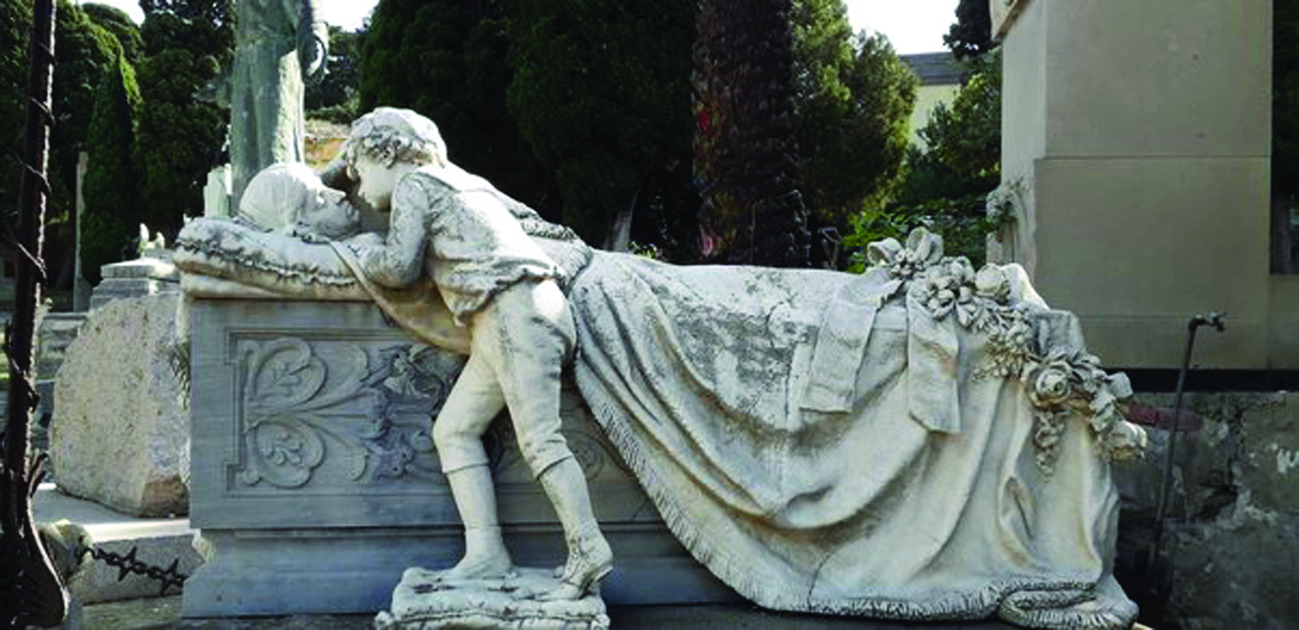
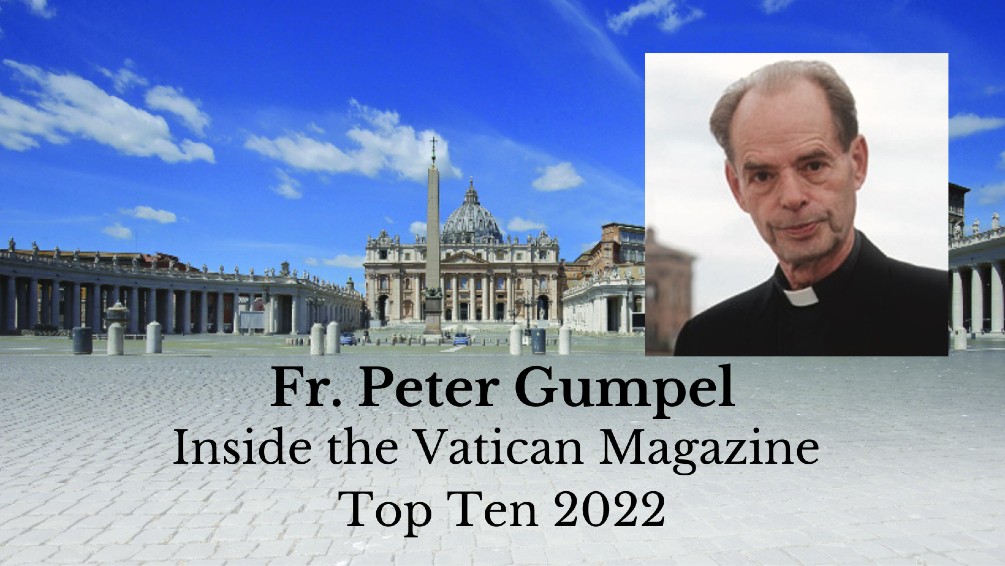
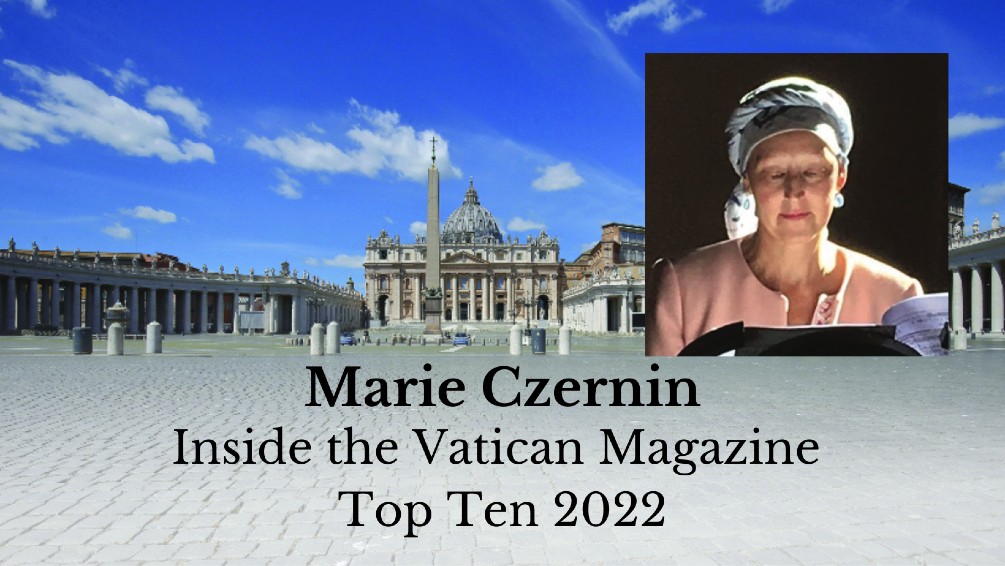
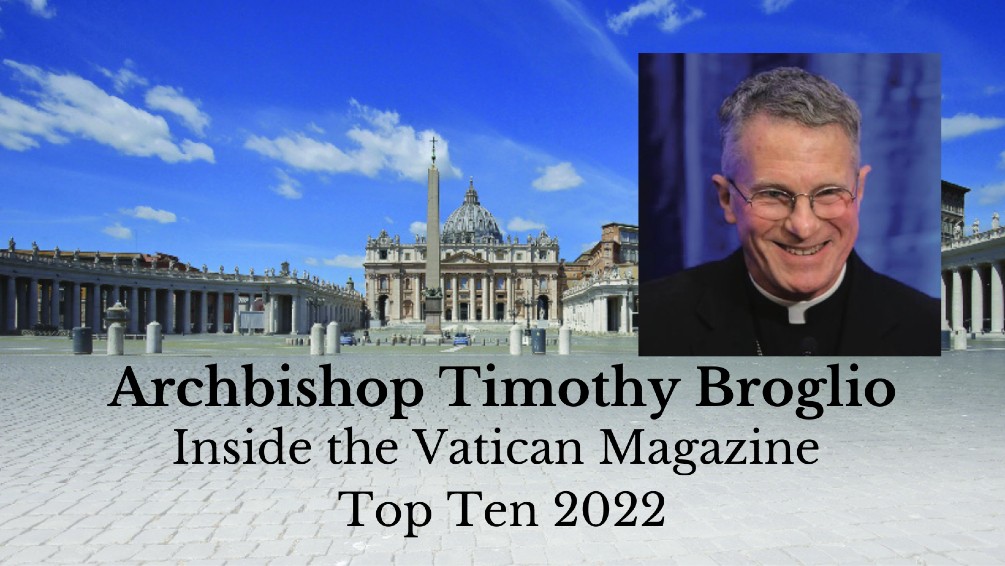
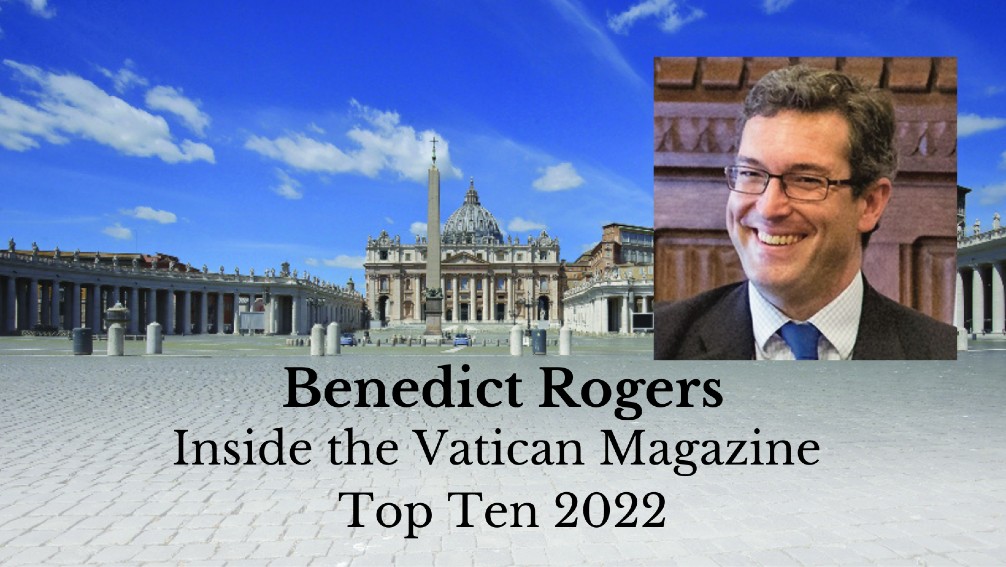
Facebook Comments